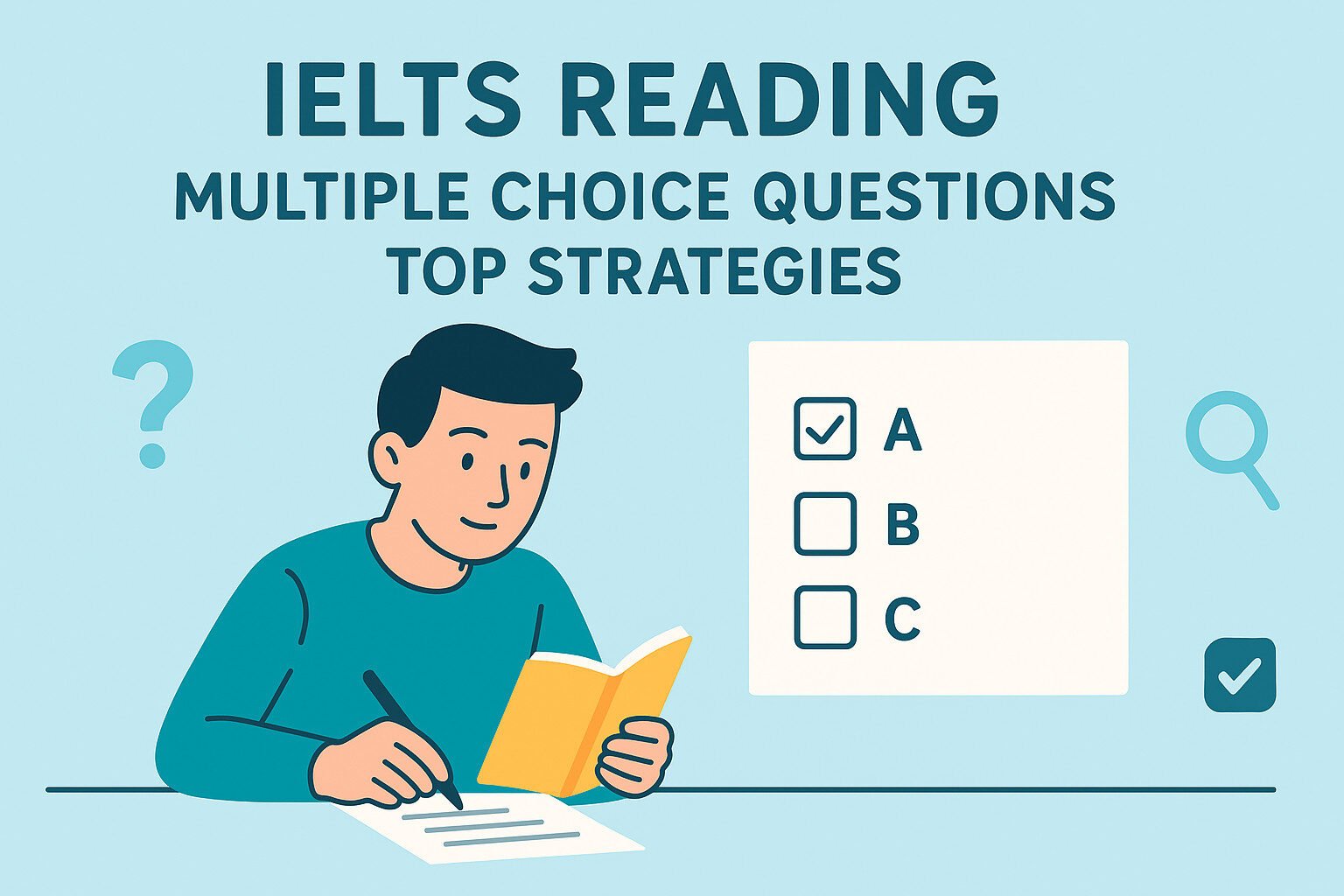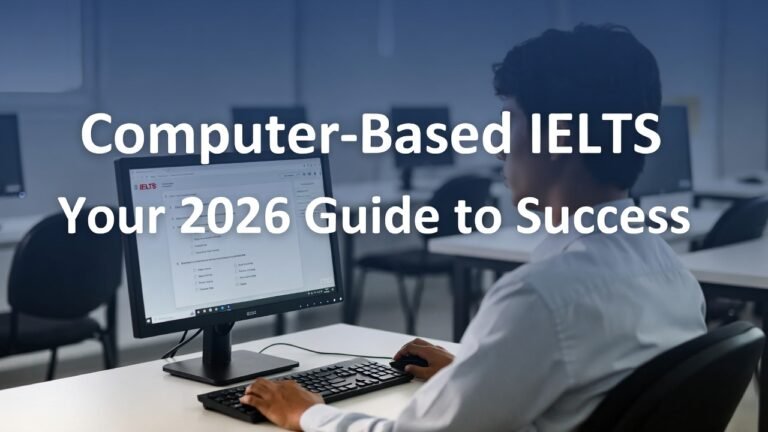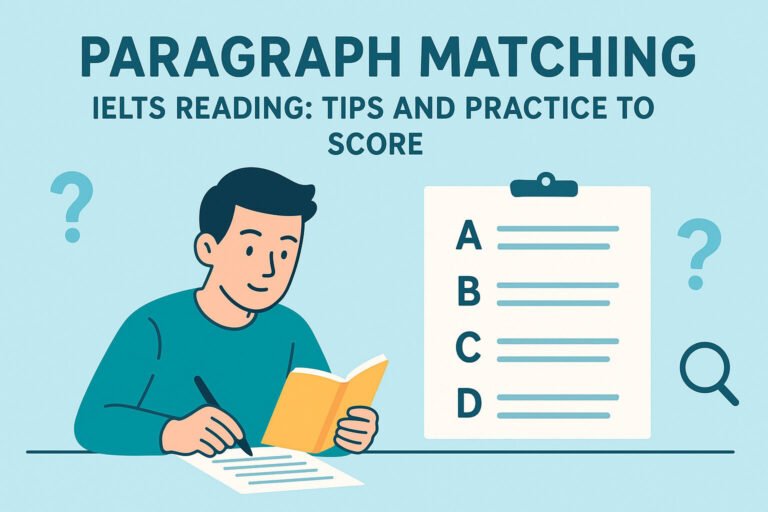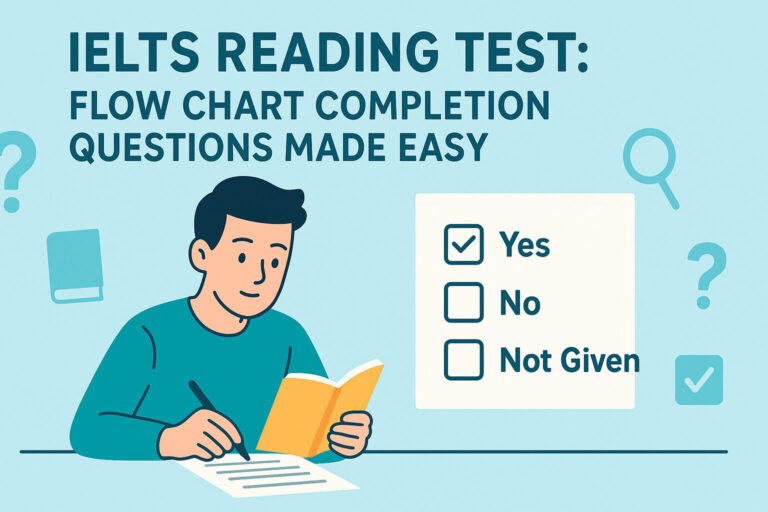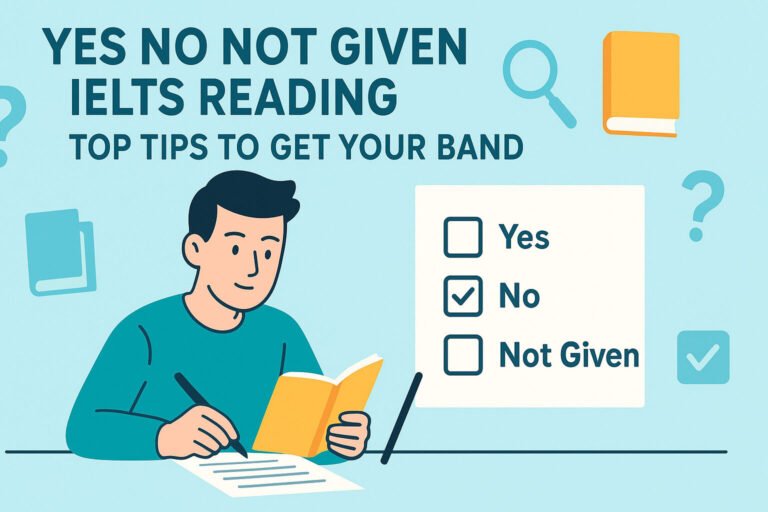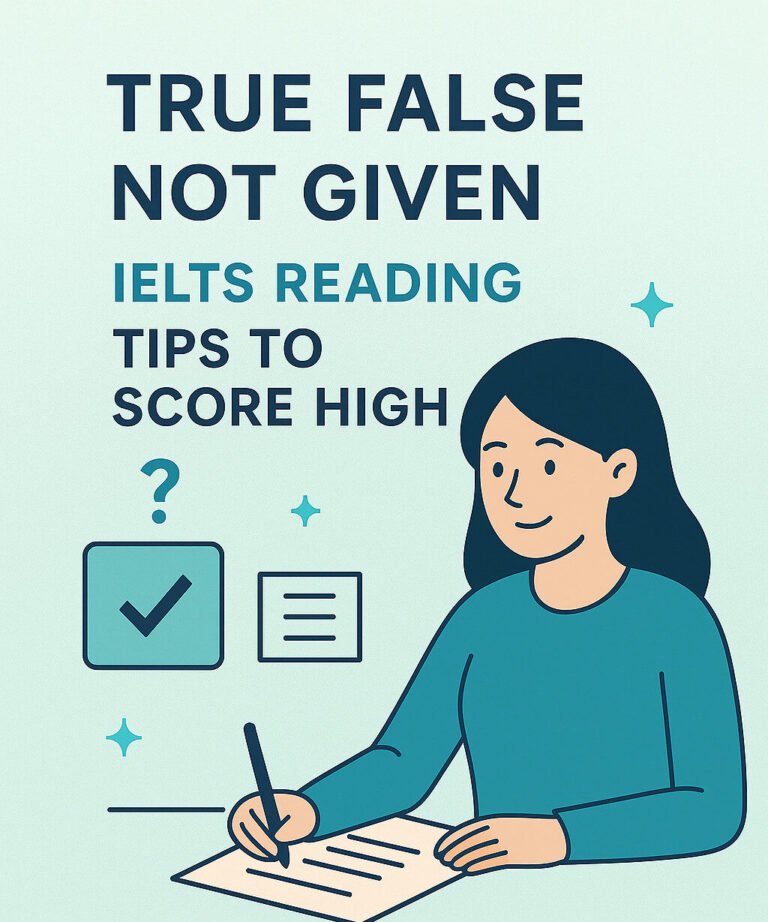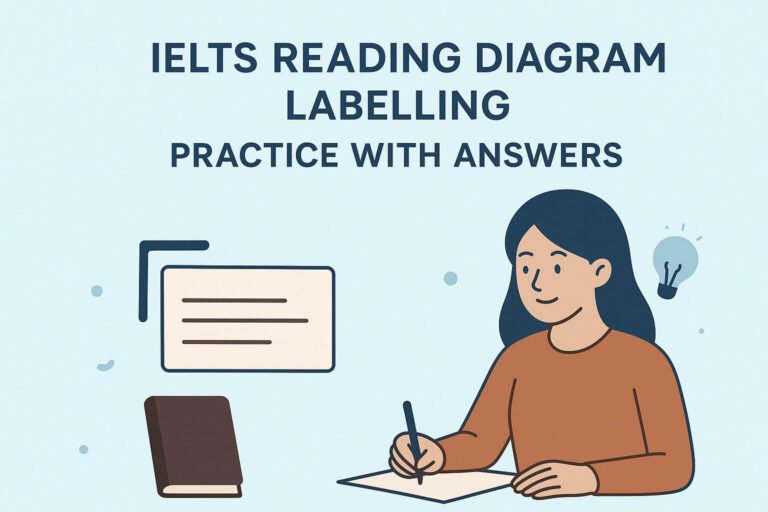Are you staring at IELTS Reading Multiple Choice Questions and feeling overwhelmed by tricky distractors? You’re not alone—thousands of IELTS aspirants find these questions challenging due to their knack for testing both comprehension and critical thinking. Mastering IELTS Reading MCQs is crucial for scoring high and securing your study abroad dreams. This guide breaks down proven strategies, practical tips, and real examples to help you tackle IELTS Academic Reading Multiple Choice Questions with confidence. Let’s dive in and transform your prep into a pathway to success!
Why Are IELTS Reading Multiple Choice Questions So Tricky?
IELTS Reading Multiple Choice Questions test more than just your reading skills—they challenge your ability to spot subtle differences, avoid traps, and manage time. Whether you’re preparing for the Academic or General Training test, MCQs demand sharp focus and strategic thinking. The good news? With the right approach, you can turn these questions into score-boosting opportunities.
In this post, you’ll learn:
How to identify correct answers quickly.
Common traps to avoid in IELTS Reading MCQs.
Step-by-step strategies with sample Academic Reading Multiple Choice questions.
Free resources like MCQ IELTS Reading practice PDFs with answers.
Understanding why MCQs are tough is the first step to mastering them. Let’s explore how to solve them effectively.
👉 Join Our Telegram Channel to Download IELTS Academic/General PDF and Audios
🎧 Includes all Listening Audios + Speaking Videos + Answer Explanations + Writing Samples.
Understanding IELTS Reading Multiple Choice Questions
What Are MCQs in IELTS Reading?
In the IELTS Reading section, Multiple Choice Questions ask you to choose the correct answer from four options (A, B, C, D) based on a passage. These questions appear in both IELTS Academic Reading and General Training Reading tests. They test:
Main ideas: Identifying the overall message of a paragraph or passage.
Details: Finding specific information like facts or examples.
Inferences: Understanding implied meanings or conclusions.
Vocabulary: Interpreting word meanings in context.
Types of MCQs You’ll Encounter
Single-answer MCQs: Choose one correct option from four.
Multiple-answer MCQs: Select two or more correct options (less common).
Summary completion MCQs: Choose the option that best completes a sentence.
Diagram-based MCQs: Select the correct label for a diagram (related to IELTS Reading diagram tasks).
Example Question: Which of the following is the main reason for the decline in bee populations?
A) Increased use of pesticides
B) Lack of natural predators
C) Climate change effects
D) Urban expansion
Correct Answer: A
Why? The passage might emphasize pesticides as the primary cause, while other options are secondary or irrelevant.
Knowing the types of IELTS Reading Multiple Choice Questions helps you anticipate what to look for in the passage.
Step-by-Step Strategy to Solve IELTS Reading MCQs
Here’s a foolproof 5-step method to tackle IELTS Reading Multiple Choice Questions efficiently:
Step 1: Skim the Passage First
Before diving into the questions, skim the passage for 2–3 minutes to grasp the main idea and structure. Look for:
Headings or subheadings.
Topic sentences in each paragraph.
Repeated keywords or phrases.
This helps you locate answers faster when you read the questions.
Step 2: Read the Question Carefully
Pay attention to what the question is asking. Is it about the main idea, a specific detail, or an inference? Underline keywords like “main reason,” “according to the passage,” or “the writer suggests.”
Step 3: Scan for Relevant Information
Use the keywords from the question to scan the passage. For example, if the question asks about “bee populations,” look for paragraphs mentioning bees or related terms like pollinators or decline.
Step 4: Compare Options with the Passage
Read all four options and compare them to the passage. Watch out for:
Distractors: Options that are partially true but not the best answer.
Extreme language: Words like always or never often signal incorrect options.
Out-of-scope answers: Options that introduce ideas not mentioned in the passage.
Step 5: Double-Check Your Answer
Before moving on, re-read the relevant sentence in the passage to confirm your choice. Ensure it matches the question’s intent.
Example: Passage: “Bees are declining due to pesticide use, which disrupts their navigation.”
Question: What is the primary cause of bee population decline?
Correct Answer: A) Increased use of pesticides
Why? The passage directly states pesticides as the cause, while other options (e.g., climate change) may not be mentioned.
Follow this 5-step strategy to solve IELTS Reading MCQs systematically and avoid common mistakes.
Common Traps in IELTS Reading MCQs and How to Avoid Them
IELTS Reading Multiple Choice Questions are designed to test your precision. Here are the top traps and how to sidestep them:
Distractors: Options that seem correct but are incomplete or misleading.
Solution: Always refer back to the passage to verify details.Similar Wording: Options that paraphrase the passage but twist the meaning.
Solution: Focus on the exact meaning, not just familiar words.Time Pressure: Spending too long on one question.
Solution: Skip tough questions and return to them later if time permits.Overthinking: Second-guessing yourself and choosing a wrong option.
Solution: Trust your first instinct if it’s based on evidence from the passage.
Awareness of these traps will help you stay focused and select the correct answer confidently.
Practice Makes Perfect: Sample MCQ with Explanation
Let’s walk through a Sample Academic Reading Multiple Choice question to apply our strategy.
Passage Excerpt:
“Renewable energy sources, such as solar and wind, are gaining popularity due to their sustainability. However, their high installation costs remain a barrier for widespread adoption.”
Question:
What is the main challenge mentioned for adopting renewable energy?
A) Lack of public interest
B) High installation costs
C) Limited availability of resources
D) Government restrictions
Step-by-Step Solution:
Skim: The passage discusses renewable energy and mentions sustainability and costs.
Read Question: The keyword is “main challenge.”
Scan: Locate “high installation costs remain a barrier.”
Compare Options:
A) Not mentioned in the passage.
B) Matches the passage exactly.
C) No mention of resource availability.
D) No mention of government restrictions.
Double-Check: The passage clearly states “high installation costs” as the barrier.
Correct Answer: B
Practicing with IELTS Reading MCQ practice PDFs and analyzing your answers builds confidence and accuracy.
Top Resources for IELTS Reading MCQ Practice
To excel in IELTS Reading Multiple Choice Questions, regular practice is key. Here are the best resources:
Resource | Description | Where to Find |
|---|---|---|
Official Cambridge IELTS Books | Authentic practice tests with answers | |
IELTS Nest Practice Tests | Free MCQ IELTS Reading practice PDFs with answers | |
British Council Practice Tests | Simulated IELTS Reading tests | |
IDP IELTS Practice | IELTS IDP Academic Reading practice test with answers PDF |
Tips for Using Resources:
Practice under timed conditions (60 minutes for the full Reading section).
Review incorrect answers to understand your mistakes.
Download IELTS Reading mock test PDFs free for extra practice.
Takeaway: Use authentic resources like MCQ IELTS Reading practice PDFs with answers free to simulate test conditions and improve.
FAQs About IELTS Reading Multiple Choice Questions
1. How many MCQs are there in the IELTS Reading section?
Typically, 5–10 IELTS Reading Multiple Choice Questions appear in the Academic or General Training test, depending on the passage.
2. How can I improve my speed in solving IELTS Reading MCQs?
Practice skimming and scanning techniques, and use IELTS Reading MCQ practice PDFs to build familiarity with question types.
3. Are MCQs the same in Academic and General Training IELTS Reading?
While the format is similar, Academic Reading passages are more formal, while General Training includes everyday topics like advertisements.
4. Where can I find free IELTS Reading MCQ practice PDFs?
Websites like IELTS Nest and the British Council offer IELTS Reading practice test PDFs General and Academic versions for free.
5. How do I avoid distractors in IELTS Reading MCQs?
Always cross-check options with the passage and avoid answers with extreme or unrelated information.
Takeaway: These FAQs address common concerns and guide you toward effective IELTS Reading MCQ preparation.
Conclusion: Your Path to Mastering IELTS Reading MCQs
IELTS Reading Multiple Choice Questions don’t have to be daunting. By understanding question types, using a strategic approach, and practicing with authentic resources like MCQ IELTS Reading practice PDFs with answers, you can boost your score and move closer to your study abroad goals. Stay consistent, practice daily, and trust in your ability to succeed.
Ready to ace your IELTS Reading section? Download our free IELTS Reading MCQ practice PDF at IELTS Nest and start practicing today! Share your progress in the comments or ask for more tips—we’re here to help you shine!

